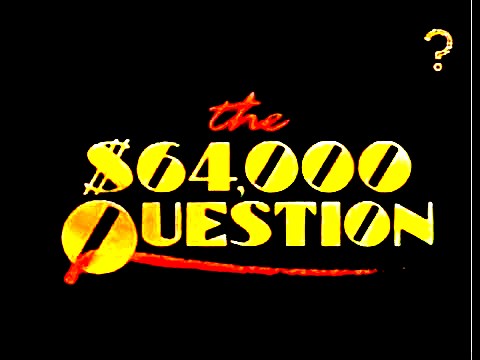There are certain cases where it is simply necessary and expected to call a particular witness who might have extensive knowledge as to the facts in question, and failing to do so, will lead the court to draw an adverse inference as to what that witnesses evidence would have been.
For example:
A plaintiff suffered whiplash injuries in two rear-end motor vehicle accidents which occurred six months apart.
Following the first accident, he attended a hospital emergency ward and saw his family physician once. He received physiotherapy treatments for one month.
His symptoms had resolved to a large extent by the time of the second accident which exacerbated his problems.
One year after the first accident, his symptoms had improved but had not disappeared.
The plaintiff, who was a 50 per cent owner in a carpet business, did not call his partner to testify regarding his injuries or regarding the company’s alleged income loss as a result of the plaintiff’s incapacity.
He produced no business records and had kept no record of his lost work days. The plaintiff sued for damages for personal injuries.
The Court held that although the plaintiff did suffer some loss of income, the substantial amount he claimed was not proven.
It was an appropriate case in which to draw an adverse inference against the plaintiff because of his unexplained failure to call his business partner to testify.
The partner could have attested to the plaintiff’s physical suffering and loss of ability to work, as well as to the income loss the company and plaintiff indirectly suffered as a result of the plaintiff’s incapacity.
Barker v. McQuahe(1964), 49 W.W.R. 685(B.C. C.A.) was applied, which stated:
An inference adverse to a litigant may be drawn if, without sufficient explanation, he fails to call a witness who might be expected to give important supporting evidence if his case were sound, Royal Trust Co. v. Toronto Transportation Commn., [1935] S.C.R. 671, 44 C.R.C. 90, 28 Can Abr 109; Murray v. Saskatoon (City)(1951) 4 WWR (NS) 234, at 239, 5Abr Con (2nd) 9 (C.A.), applied.“
– See more at: http://www.disinherited.com/blog/adverse-inference-be-drawn-failure-call-certain-evidence#sthash.1C2t0w6L.dpuf





